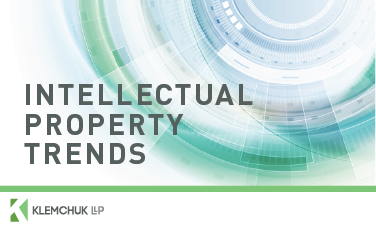Originally published by Peggy Keene.

The EECC Directive is EU’s Latest Regulation to Promote and Enhance Privacy Protections in Electronic Communications
As December winds down, the European Union’s Electronic Communication Code (“EECC”) is close to final adoption as member states of the European Union (“EU”) must ensure that their current regulations are in accordance with the EECC by the end of 2020. The overarching objectives of the EECC directive are aimed at promoting high-capacity networks, efficient infrastructure-based competition, development of internal markets across the EU, and the protection of consumers.
The EECC Directive is Aimed to Coordinate Various Existing Privacy Laws
The EECC is a new directive for the EU, designed to consolidate and rework existing regulations that oversee communication networks and services of the member states of the EU. While the EECC has not fully come into effect yet, a variety of preexisting directives and regulations already complement and support the EECC. Experts in privacy law point out that EU directives such as the e-Privacy Directive, the Roaming Regulation, the Radio Spectrum Decision, and the Telecoms Single Market Regulation all share similar aims and should coordinate with each other nicely. Currently, the EECC is expected to affect all electronic communications services and networks across the EU.
The EECC Regulation Will Enhance Consumer Privacy Protections
For citizens of the EU member states, there is also increased end-user protection as the EECC is designed to promote and enhance privacy protection for all end-users overall. Under the new directive, the EECC will consolidate existing protections, realign member states’ security requirements, and unify consumer protection provisions. Specifically, EU member states cannot make their own provisions any more or less stringent than what is written in the EECC. Moreover, internet service providers will be required to apply certain EECC consumer protection provisions going forward. End users will also enjoy more rights when it comes to switching internet services providers, porting phone numbers, utilizing emergency providers, and calling long-distance throughout the EU.
Key Takeaways Regarding Europe’s EECC
By the end of December 2020, EU member states will be required to ensure that their electronic communications services and networks meet the standards of the new EECC directive. These changes include:
-
Enhanced end-user protection;
-
Caps on certain service prices; and
-
Requiring EU member states to ensure that their own laws are neither more nor less stringent than those of the EECC.
For more information on data privacy, see our Technology and Data Privacy Services and Industry Focused Legal Solutions pages.

technology & data
You may also be interested in:
Curated by Texas Bar Today. Follow us on Twitter @texasbartoday.
from Texas Bar Today https://ift.tt/37HslFw
via Abogado Aly Website
No comments:
Post a Comment